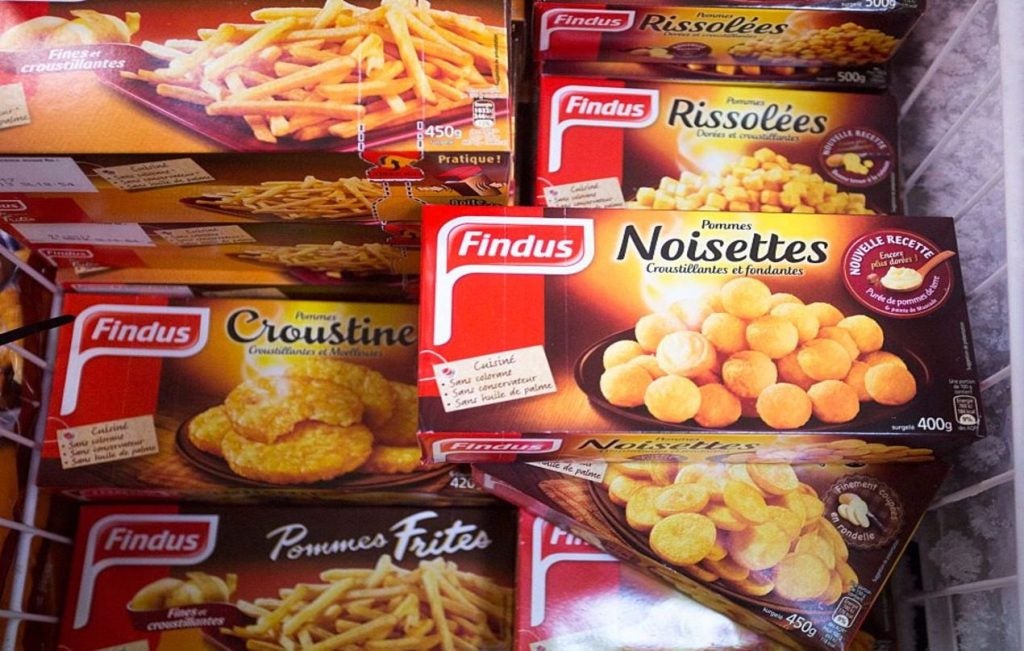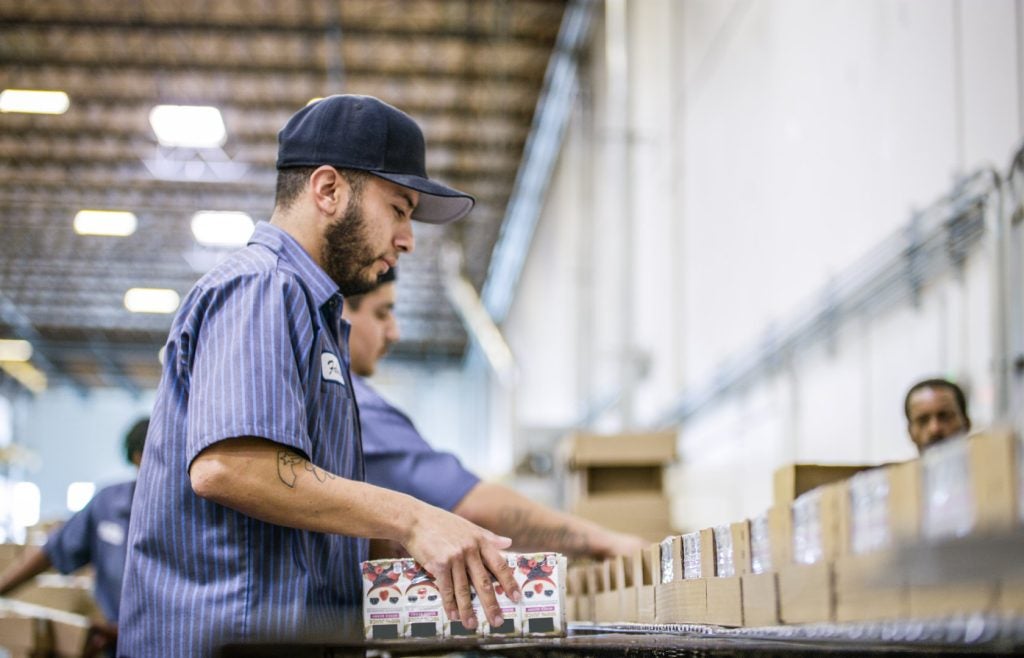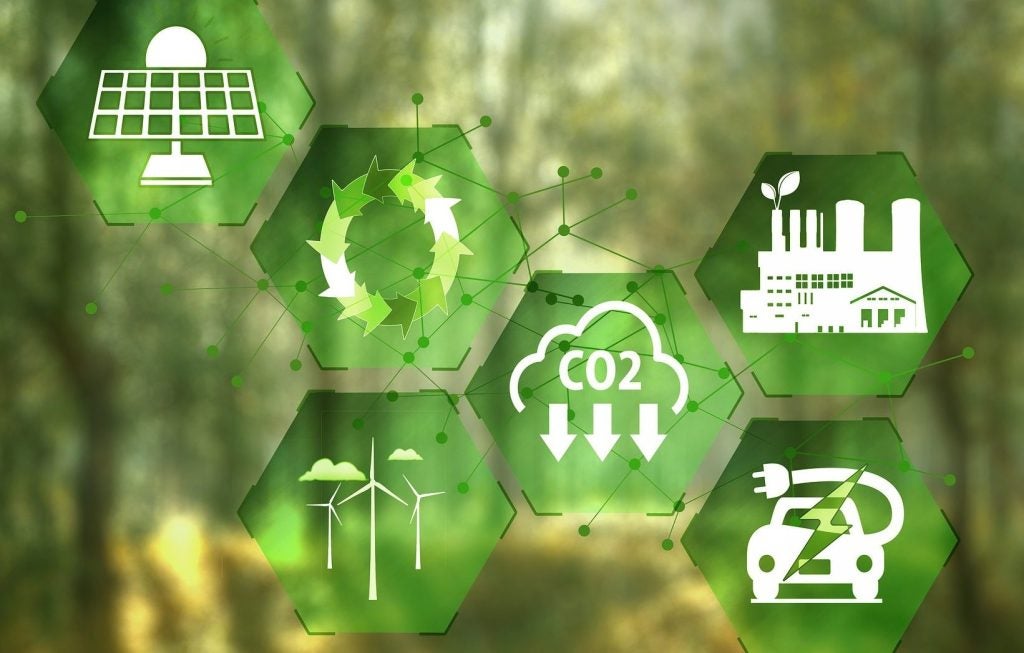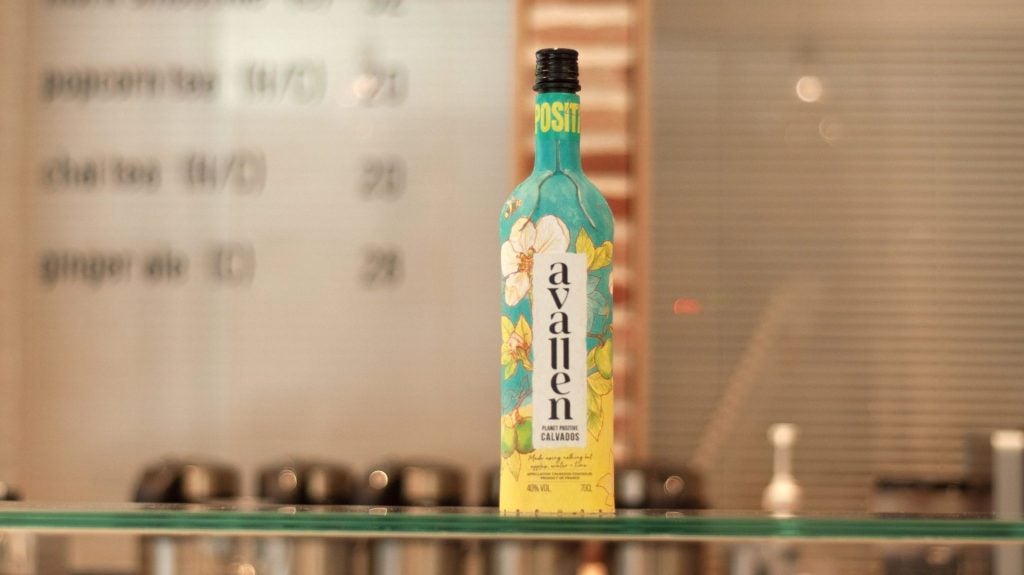Unsuccessful in its latest attempt to bear down on FMCG prices, France is preparing a new law that will force manufacturers and retailers into early price negotiations.
In a televised interview on Sunday evening, French President Emmanuel Macron said that the government will today (27 September) present a bill to the Council of Ministers on allowing for the early reopening of trade negotiations. The bill will oblige major suppliers and retailers to conclude their annual price negotiations by 15 January instead of 1 March.
By legislating on the deadline in this way, the President hopes to bring about a tangible drop in food prices by the beginning of next year. The objective set last month by the Economy Minister, Bruno Le Maire, is for prices “to fall by between 5% and 15%, depending on the product.”
Macron said he will personally preside over the negotiations with the country’s largest manufacturers alongside inspectors, ensuring an agreement on the moderation of profit margins. The bill concerns companies with sales of at least €150m ($158m) in France or consolidated sales of €1bn, which includes 75 major suppliers producing more than half of the products bought by the French in supermarkets.
“We have large companies who are sky-rocketing the prices of some of their brands, and we want to get them around the table again and achieve price decreases as quickly as possible,” Macron said. “It is intolerable to see so many of our compatriots having to make choices about essential goods.”
Whereas in most countries, distributors and producers regularly adjust their prices, French law allows for a three-month window of annual price negotiations, usually from 1 December to 1 March. However, the average 10% increase negotiated for 2023 has kept FMCG prices artificially high in spite of falls in global commodity prices.
Asked about a possible price freeze or VAT reduction, Macron insisted such measures are “demagogical” and do not work.
“The height of cynicism”
Having previously lamented the intransigence of some manufacturers, Bruno Le Maire told broadcaster France2 on Monday (25 September) that the government’s “strategy is to engage all actors in this fight against inflation. The State alone cannot bear the costs of inflation, because that would compound our deficit and debt”.
Other upcoming measures announced by the French government include ordering more transparency about any moves by manufacturers to use “shrinkflation” on their products. Bruno Le Maire told France Info that he intended to present a new law at the beginning of October that would force manufacturers from November to disclose weight reductions on food labels when they retain the same packaging.
Intermarché and Carrefour have already publicly called out manufacturers for the practice, naming and shaming food giants such as PepsiCo, Unilever, Doritos and Findus. Shrinkflation, Carrefour CEO Alexandre Bompard said, represented “the height of cynicism”.
Manufacturers are unlikely to respond well to these forthcoming measures. Findus, part of Nomad Foods, said in an announcement the “naming and shaming” practices of Intermarché “have no place in a commercial relationship based on trust”.
The supplier said: “It totally obscures the challenges experienced by Findus France in this unprecedented inflationary environment and does not mention the fact that Findus France were losing money every time the company sold a box of Pommes Rissolées [hash browns] before changing its packaging.”
Our signals coverage is powered by GlobalData’s Thematic Engine, which tags millions of data items across six alternative datasets — patents, jobs, deals, company filings, social media mentions and news — to themes, sectors and companies. These signals enhance our predictive capabilities, helping us to identify the most disruptive threats across each of the sectors we cover and the companies best placed to succeed.
















